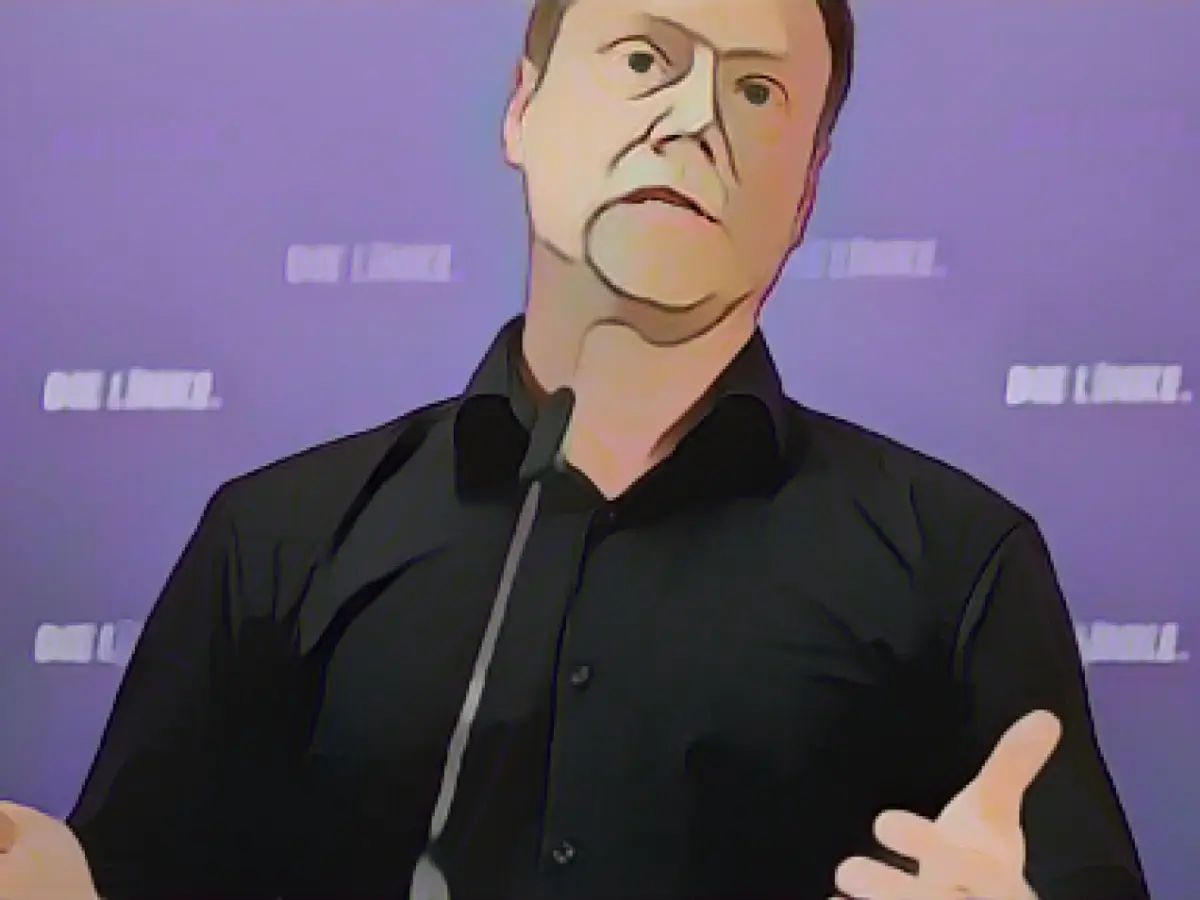Maier Advocates for Debt Brake Suspension in Crises
Thuringia's SPD leader and Interior Minister Georg Maier voiced his support for considering the suspension of the debt brake due to emergencies. Addressing a crowd in Erfurt on Monday, Maier stated, "It's fundamentally wrong to make savings during crises. It only worsens the situation." He endorsed his party's chairwoman, Saskia Esken, who suggested temporarily suspending the debt brake in response to the lingering crisis.
The debt brake, enshrined in Germany's constitution, mandates balanced budgets for federal and state governments without resorting to borrowing revenue. The constitutional court's recent ruling about coronavirus aid loans, which hinders their transfer to the climate fund, has sparked debates. Maier pointed out that this decision leaves a void of 60 billion euros in the federal government's planning.
"The objective is to prevent over-indebtedness, even considering future generations," noted Maier. However, he questioned the consequences of neglecting investments for the youth's future. "It's also important to consider what it means for the next generation when they can't invest sufficiently."
Caution against Extreme Cuts
Maier expressed confusion regarding those who hold the debt brake as a sacred object, only to be revered like a monstrance. He emphasized the necessity to support the energy transition and the transition of the economy. "An investment backlog will cost us dearly in the future," warned Maier.
When discussing the minority government's draft for the 2024 budget, Maier raised concerns about massive budget cuts. The CDU, one of the coalition partners, urges not to exhaust all state reserves for the budget.
Insights
The ongoing debate about suspending the debt brake, known as Schuldenbremse in Germany, is driven by various factors. Proponents argue for increasing flexibility to address immediate needs, investment backlogs, and the need for fiscal flexibility in emergency situations. However, opponents point out the risks of increasing debt, the threat of a snowball effect, and the potential harm to future generations. Balancing these factors requires careful consideration to maintain fiscal discipline while responding to crises and ensuring long-term economic growth.
Source:







